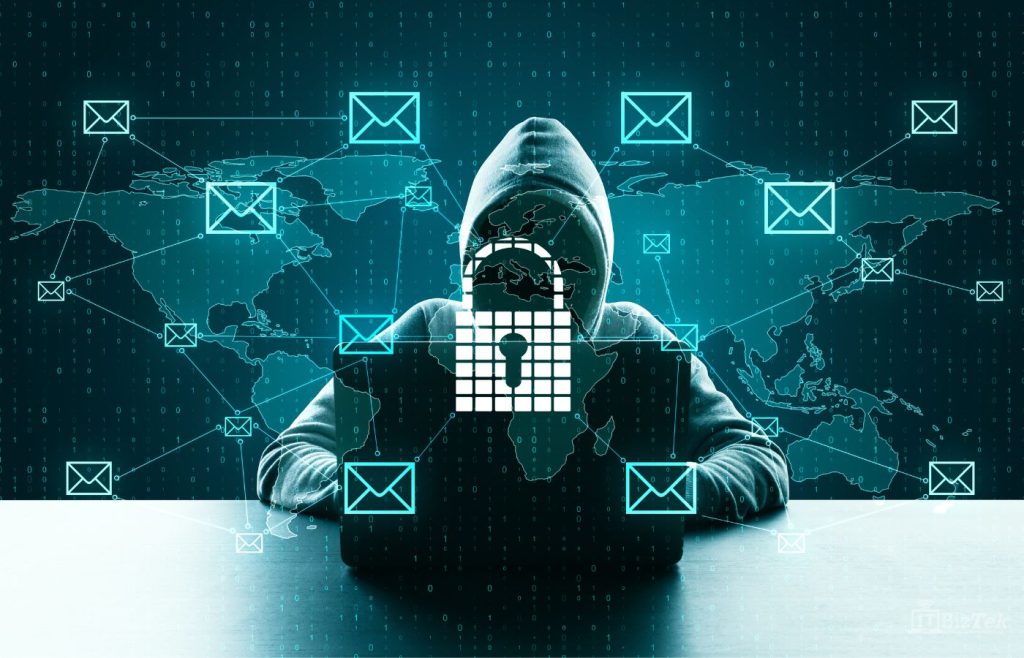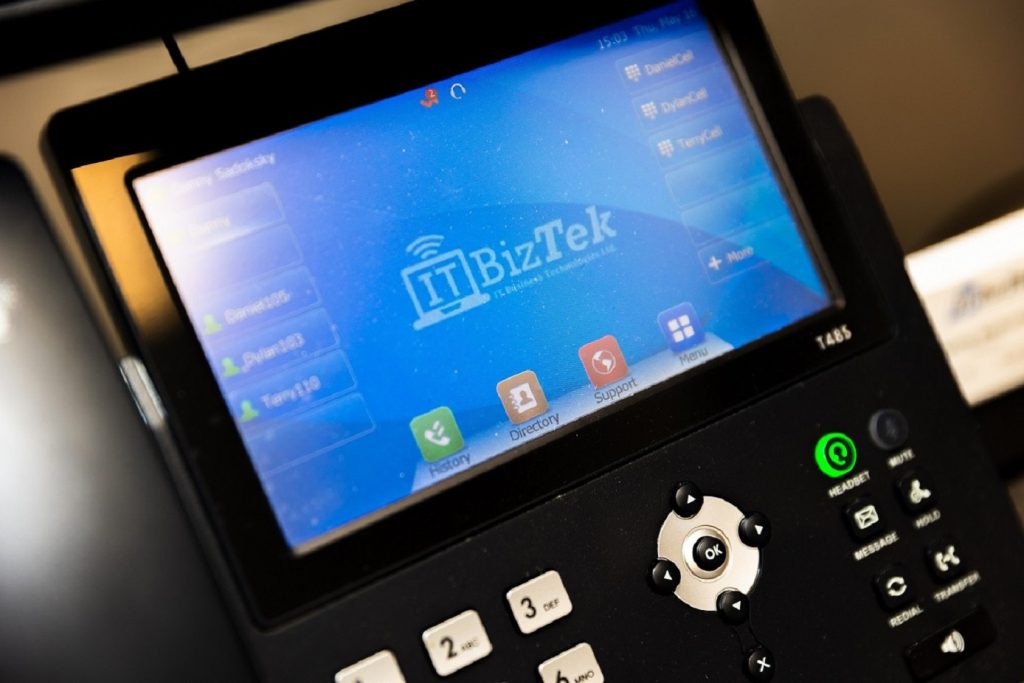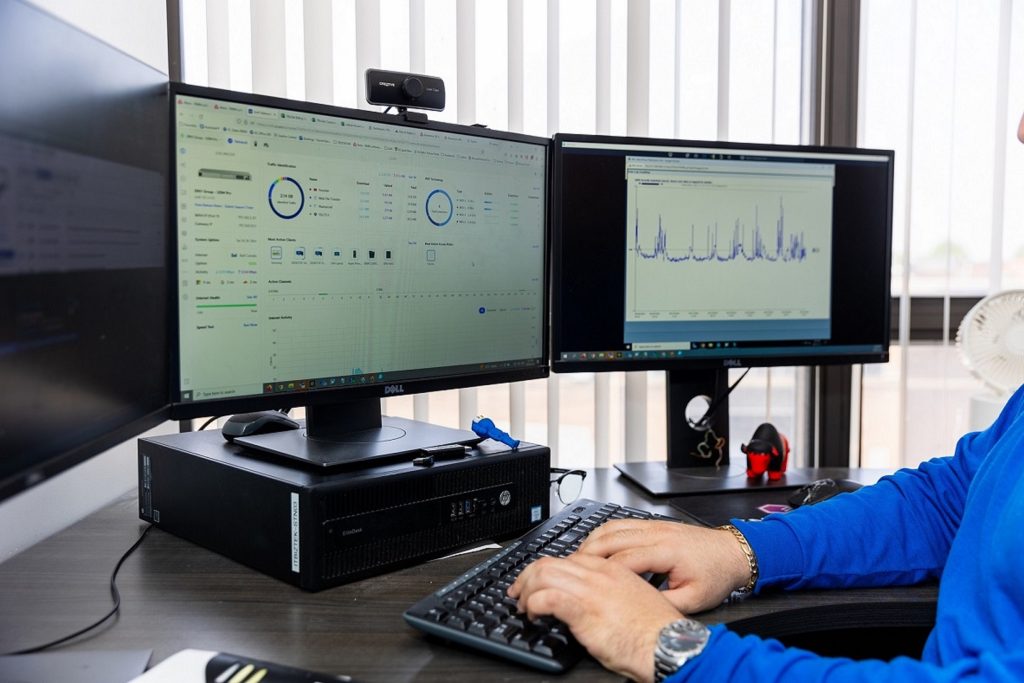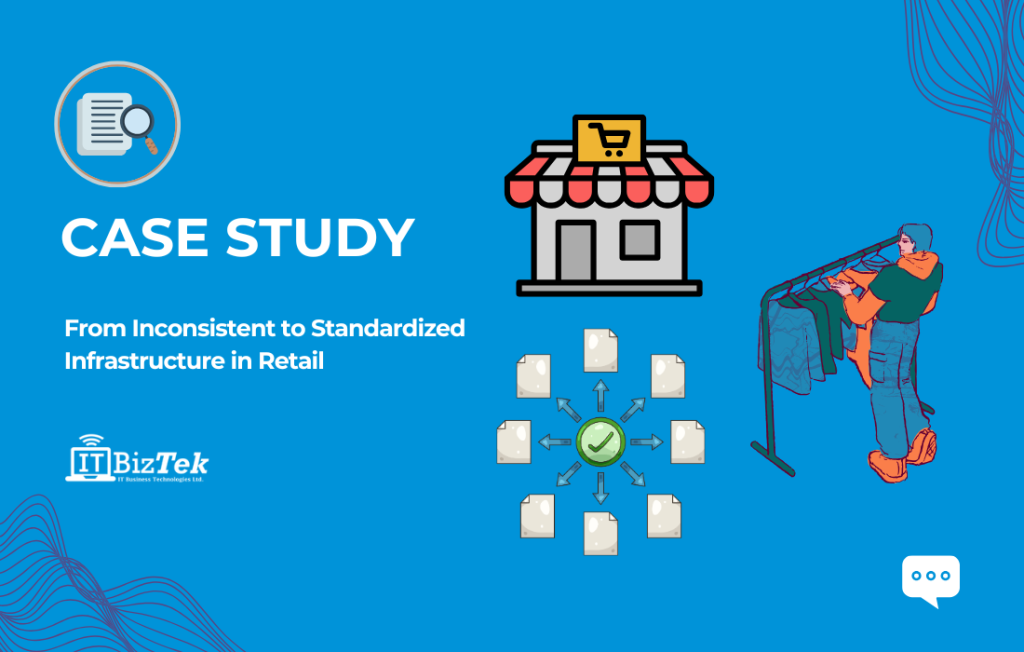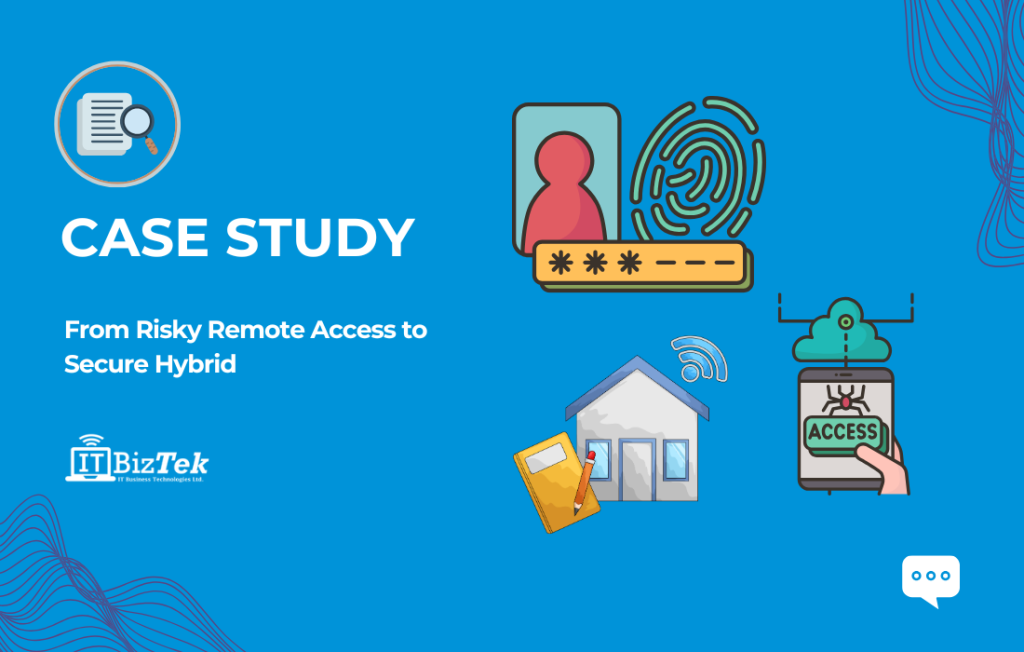Cybersecurity nowadays is not solely an IT-related issue but also an important business priority. With the pace at which cyber threats are changing and evolving, robust IT services and proactive IT support are necessary for sensitive data and systems security. Be it a small or large corporation, everybody needs digital infrastructure security. By following proper strategies and using professionally managed IT support, you can avoid the risks and protect yourself from cyberattacks that create a big hole in your pocket. Now, here is an overview of some of the best practices for cybersecurity that will contribute to competitive advantages in 2024.
Strengthen Your Security Measures
Enable Two-Factor Authentication
Two-factor authentication gives your systems a much-needed additional layer of protection. If a hacker ever gains access to your password, they would also require a second proof of a code sent to your phone or a biometric scan to access your accounts.
Forced 2FA
Make sure that 2FA is turned on for all significant accounts, including Google and Microsoft. Provide regular testing of the configuration to guarantee smooth working.
Strong Passwords, Secure Passwords
Password protection is vital to avoid unauthorized access. Strong passwords containing upper and lower-case letters, numbers, and special characters should be developed for your team.
Best Password Practices
- Consider using a password manager to create unique passwords for all accounts.
- Change passwords regularly, and do not reuse passwords with other services.
Deploy Advanced Security Solutions
Zero Trust Architecture
The Zero Trust model relies on a ‘never-trust, always-verify’ philosophy. It assumes that threats could become a reality inside and outside your network at any moment and that every user and device should be continuously verified.
Implementing Zero Trust
- Always verify users’ identities and the integrity of the devices.
- Give users the minimum amount of access that allows them to complete their given role.
- Segment your network into micro-segments that will help reduce potential breaches if they happen.
Create secure connections by establishing a VPN
A VPN encrypts your internet connection and secures sensitive data, especially over public or unsecured networks.
How to Set Up a VPN
- Select a good service that utilizes strong encryption.
- Connect via a VPN whenever you are using public Wi-Fi to access sensitive information.
Keep Systems Updated and Patched
Regular Software Updates
Performing periodic software updates can help block the exploitation of vulnerabilities that a cybercriminal could use to gain access. Timely patching also secures your system against many potential threats.
How to Stay Current
- Whenever possible, configure your operating systems and major applications to update automatically.
- When an application cannot automatically update, you should check for updates and install them manually in those apps.
Encrypt and Backup Data
Data Encryption
Data encryption is a process through which sensitive information becomes indecipherable to unauthorized users while in transit and at rest on your devices.
Implementing Data encryption during rest and transit should be assured using current industry standards.
Regularly Backing Up Your Data
Regular data backup creates a cushion in case the business experiences a cyberattack or hardware failure. WFile backups also allow you to restore systems much quicker and reduce system downtime.
Best Backup Practices
- Consider backups on both cloud-based and physical platforms.
- Schedule backups to run automatically so that new data keeps updating.
Train Staff and Secure Everyday Operations
Phishing Scams and Spurious Emails
Phishing attempts come in many disguises; it is one of the most common tactics used by cybercriminals. Educate employees about spotting suspicious emails and how to handle them, which might be used for extracting sensitive information.
Identifying Phishing Scams
- It’s a red flag when a sender’s address is not on your phone, it seems unusual, or it urgently asks you to supply your personal information.
- If an email seems to be a phishing scam, hit the delete button and report it to your IT support team.
Avoid Using Public Networks
Public Wi-Fi can expose your business to cyberattacks. Try to avoid using the public network for sensitive things or at least connect through a VPN whenever possible. Use mobile data to create secure connections if and when possible, and only disclose confidential information over trusted networks.
Teach Data Privacy and Compliance
Data Privacy
Privacy protection is important not only to secure customer data but also to meet regulatory requirements such as GDPR. Review your privacy policy regularly to keep it updated. ITBizTek can help you determine the state of your digital defence with our cybersecurity assessment services.
Employee Training
Employees should be well aware of best practices for data privacy through training so that they understand how sensitive information should be kept safe.
Stay Safe with Proactive Cybersecurity Solutions
In 2024, keeping ahead of the cyber threats requires being proactive and taking a holistic approach to cybersecurity. By implementing these best practices and working in close collaboration with professional IT services or managed IT support, your business will be able to establish a solid security posture against ever-evolving threats. Don’t wait any longer; contact us today and get in touch with expert IT support at ITBizTek to fortify your company’s defenses!

